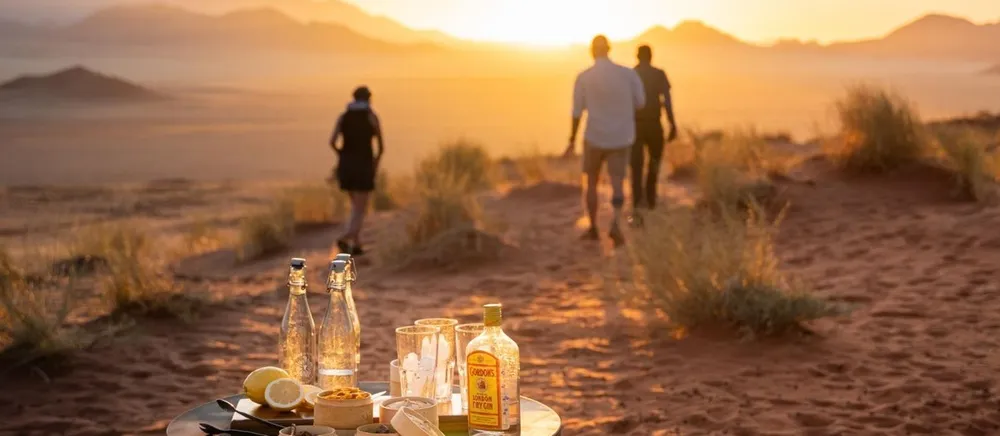
Where to go in February
The best places to explore at this time of year

The best places to explore at this time of year

Just like January, people like to tell horror stories about going on safari in February – but that’s because they don’t know where to go. Traditionally, it’s the ‘rainy season’ across Southern Africa, but the bonus of this is stunning, luscious landscapes, spectacular sunsets and quieter lodges and camps (because everyone else has listened to the stories!). And in fact, East Africa is still enjoying its mini dry season, with sunny, clear days and excellent game viewing all round, including the magnificent gorillas. Madagascar however is in the midst of cyclone season.
The drier days of February in Rwanda make it a wonderful time of year for gorilla trekking in Volcanoes National Park. Rainforests are unpredictable places and there’s always the chance of a short shower here and there, but generally the dry conditions make hiking a breeze. Temperatures will be in the mid 20s, and cultural village walks, hikes to the golden monkeys and visits to Dian Fossey’s grave are all possible at this time of year.

Both Kenya and Tanzania are in their hot, dry seasons in February and are excellent for big game viewing and bird watching. In Tanzania, the Great Migration is concentrated around the southern Serengeti plains for calving season, and the grasslands are dotted with thousands upon thousands of wildebeest babies. It’s also an excellent time of year to add on some time at the beach in East Africa. Zanzibar and her surrounding islands, and Kenya’s Indian Ocean Coast, are not only sunny and warm (a welcome retreat from the winter chill in the northern hemisphere!) but the conditions are spot on for diving.

Chad and Zakouma National Park follow a slightly different weather pattern to the majority of ‘safari Africa’ and February is possibly the best month to visit. The dry season runs from November to May, with temperatures becoming increasingly hotter as time goes on – we’re talking 40 degrees plus in April! – but in the rainy season, the park is inaccessible. In February, temperatures hover around a balmy 25 to 30 degrees and the waterholes are drying up, meaning great congregations of animals and birdlife around the last remaining puddles.

Start with a recommended trip or create one from scratch

Namibrand, Namibia